
Visitors experience OSIM's massage chairs during the second China International Consumer Products Expo held in Haikou, Hainan province, in late July. (ZHANG WEI/CHINA DAILY)
Companies share confidence in China's recovery, see opportunities in health sector
After the Regional Comprehensive Economic Partnership agreement took effect in January, more companies from RCEP member countries have been enthusiastic about expanding new business opportunities in trade, investment and other fields in China.
These remarks were heard at the second China International Consumer Products Expo, which concluded on July 30 in Haikou, Hainan province. Multinationals from Japan, South Korea, Singapore and Thailand actively participated in the expo.
This year, the total exhibition area related to RCEP member countries exceeded 5,000 square meters, which was 20 percent larger than last year's, said the Ministry of Commerce.
Singapore-based health products provider OSIM International Pte Ltd, a two-time participant at the expo, said China has provided an excellent investment environment for the development of foreign enterprises in the country. It believes that more foreign companies will invest in China and strengthen trade cooperation with Chinese partners.
"Undoubtedly, we are highly optimistic that China will play a more important role in the global economy. China has accelerated the pace of opening up in recent years and is building a group of free trade zones such as the Hainan Free Trade Port," said Deserine Lim, assistant general manager of branding and strategic marketing of North Asia at OSIM.
"Chinese consumer groups are huge, complex and dynamic. Due to the varieties in age, region and living habits, their consumption demand is also different. This requires brands to raise targeted solutions for different needs of consumers," she said.
Lim said that Chinese consumers, including Generation Z consumers who pay more attention to personal satisfaction, middle-income consumers who regard healthcare as very important, and a large number of middle-aged and elderly people, have been increasingly pursuing healthier lifestyles.
The company, a retailer of massage chairs, said sales from brick-and-mortar stores contributed to most of its revenue in China, as customers can easily experience the products in-store. Meanwhile, the brand is actively expanding its e-commerce business. It hopes that online sales can make it more convenient for consumers who live in smaller cities to make purchases.
The COVID-19 pandemic has fueled an unprecedented strengthening of health awareness among Chinese consumers, according to a report recently released by Boston Consulting Group during the expo.
In addition to an increasing number of elderly people, the awareness and habit of paying attention to healthcare have shifted from the elderly to the young. This has further driven the business growth of healthy foods and health products in China, the report said.
At the national pavilion of Thailand at the expo, more than 30 Thai brands related to beauty, fashion, coffee and snacks were hits among consumers. Thai companies said they hoped to reach more Chinese consumers through the event.
Xue Zengyi, senior vice-chairman of Agro-Industry and Food Business China Area at Thailand's Charoen Pokphand Group, said the company has always been bullish on China's growth prospects.
"Despite COVID-19 having an impact on the economy, generally speaking, China is the country that has seen the best recovery and development since the pandemic. We are fully confident in the growth potential of its consumption market," Xue said.
Meanwhile, the Japanese national pavilion's total display area was expanded to more than 3,000 sq m from 2,000 sq m last year, the largest among RCEP member countries that participated in the expo this year.
The Japan External Trade Organization, the agency responsible for organizing the display, said this year, a special exhibition area for Japanese spirits was added, as Japanese spirits have been quite popular in China in the past few years.
The organization said after the RCEP agreement came into force at the beginning of the year, related tariffs are expected to decline year-by-year. The offshore duty-free shopping policy in Hainan will also create greater development opportunities for Japanese companies.








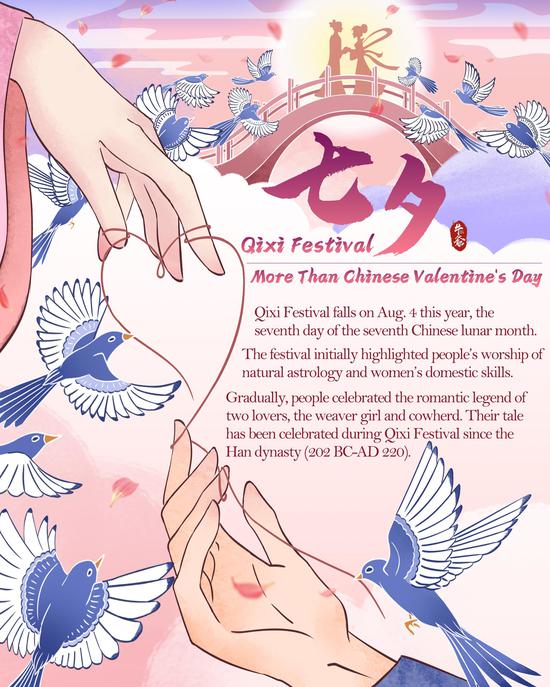




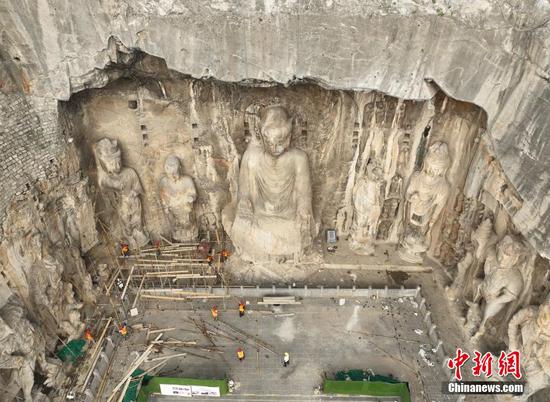


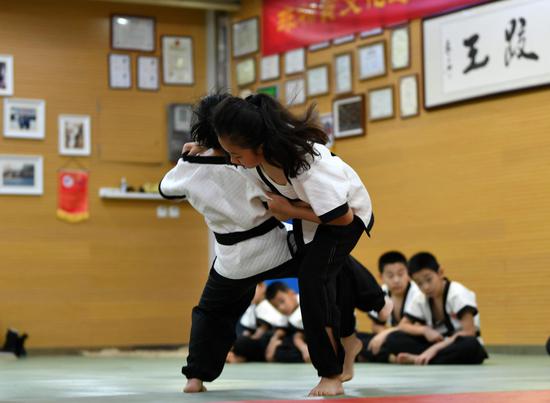
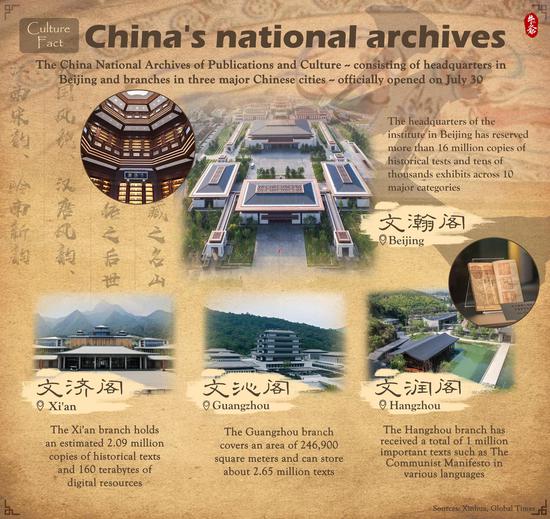




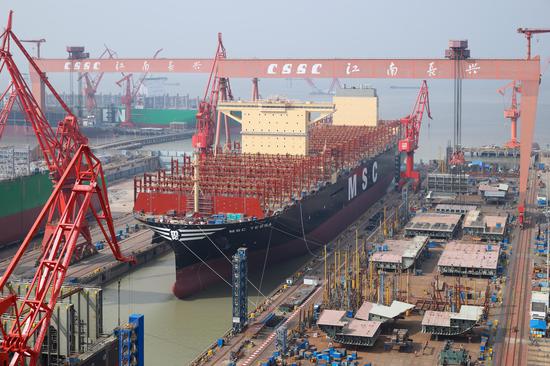
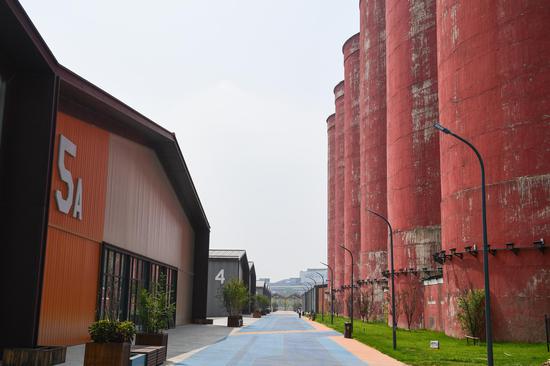
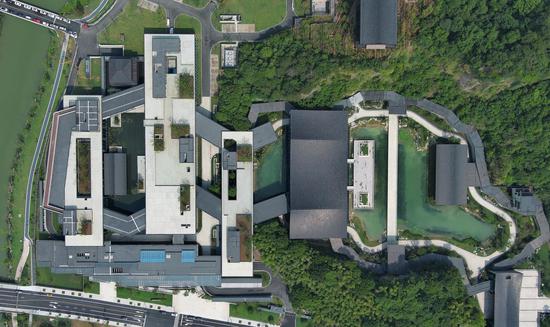

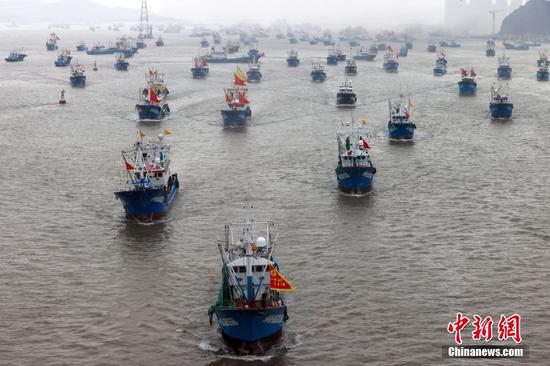


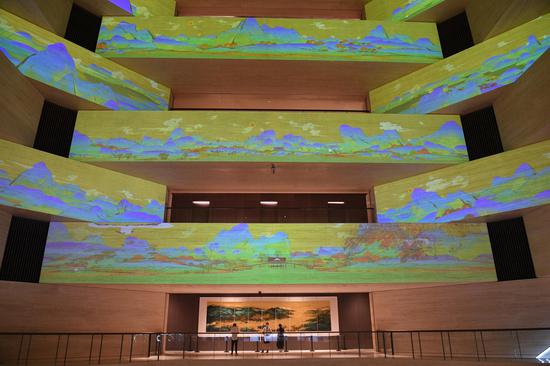
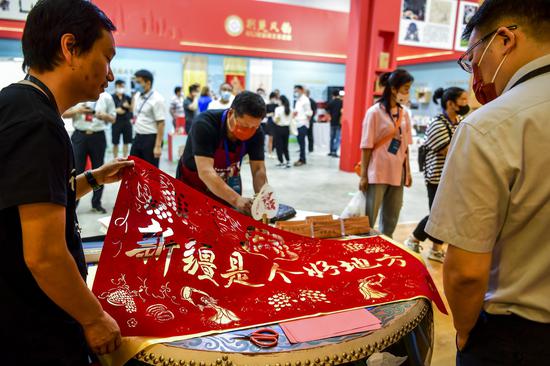


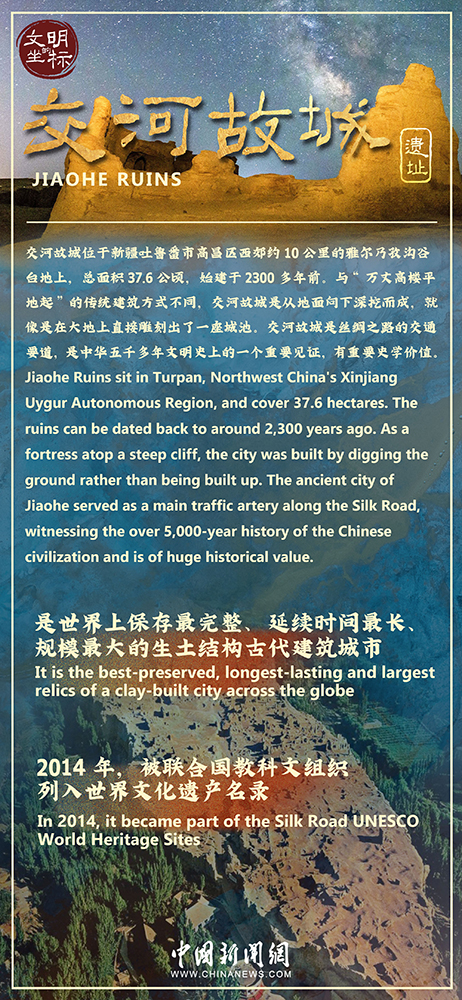
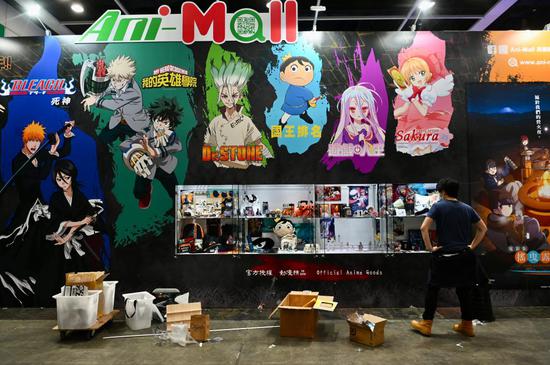


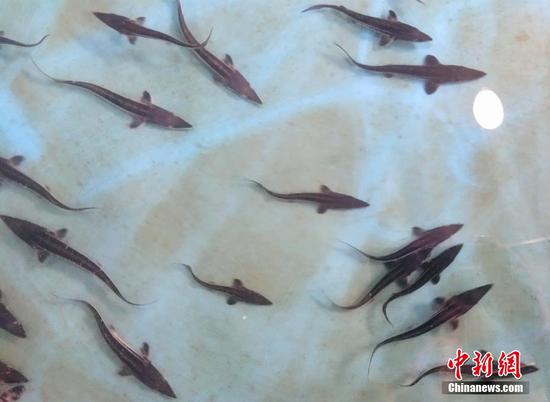
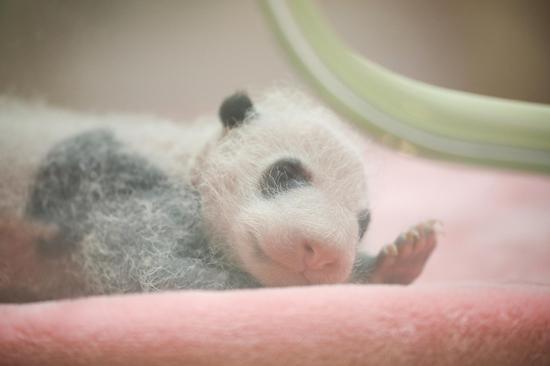
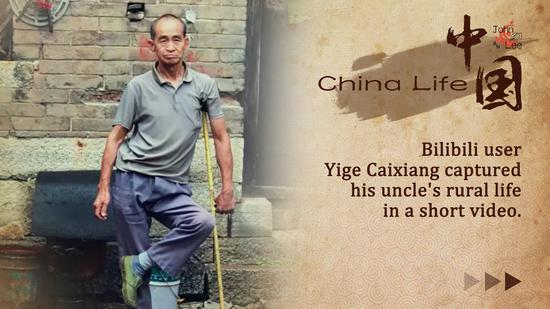


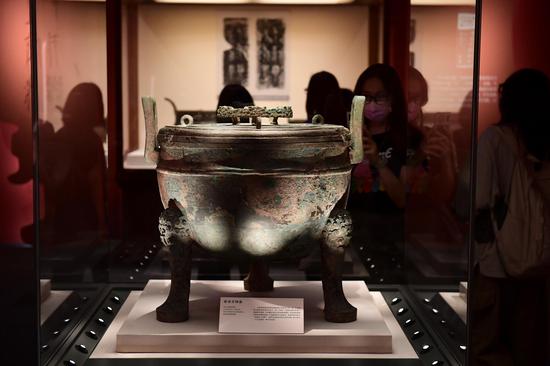







 京公网安备 11010202009201号
京公网安备 11010202009201号